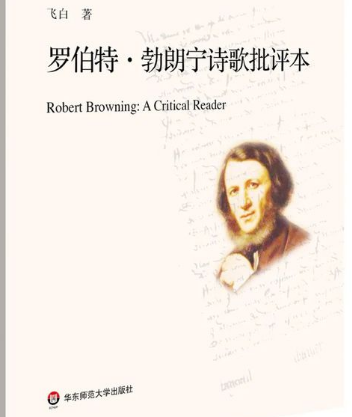As an important port city along the coast of the East China Sea, Ningbo has been one of the starting points of China's Maritime Silk Road since ancient times. This city with a thousand-year history has witnessed countless merchant ships sailing to the sea, spreading Chinese silk, porcelain, tea and other goods to all corners of the world, while also welcoming rare treasures and cultural exchanges from foreign countries.

Ningbo enjoys a unique geographical location in the eastern part of Zhejiang Province along the southeast coast of China, serving as an important transportation hub along China's eastern coast. The Zhoushan Port here is one of the busiest ports in the world and one of the largest comprehensive ports in China. Benefiting from its superior geographical location and developed maritime transportation, Ningbo has been an important window for China's foreign trade since ancient times.
During the Tang and Song dynasties, Mingzhou Port in Ningbo had already become an important port for international trade. At that time, many foreign merchants and envoys came to China through Mingzhou Port to conduct trade with local merchants. Meanwhile, Chinese merchant ships also set out from here, following the Maritime Silk Road to Southeast Asia, South Asia, West Asia, and even Africa and Europe to carry out trade activities.
During the Ming dynasty, in order to strengthen economic and cultural exchanges with foreign countries, Emperor Yongle ordered the establishment of the "Shibo Si" in Ningbo, responsible for managing and supervising foreign trade affairs. This further elevated Ningbo's status as one of the most important foreign trade ports in China at that time.
During the Qing dynasty, Ningbo continued to maintain its important position on China's Maritime Silk Road. Especially during the Kangxi period, the Qing government implemented a "sea ban" policy that strictly restricted foreign trade. However, Ningbo, with its special geographical advantages and historical origins, was able to retain the right to foreign trade. This made Ningbo an important bridge for economic and cultural exchanges between China and other regions of the world.
Today, Ningbo has become an important economic center and international port city in China. In 2013, Ningbo was officially listed as an important node city of the "Belt and Road" initiative, once again highlighting its important position in China's foreign economic exchanges. Against the backdrop of the new era, Ningbo is actively leveraging its own advantages to promote economic cooperation and cultural exchanges with various parts of the world, contributing to the construction of a community with a shared future for mankind.
In conclusion, as one of the starting points of China's Maritime Silk Road, Ningbo not only witnessed the prosperity of ancient Chinese foreign trade but also continues to play an important role in the new era. With its unique historical heritage and modern vitality, this city has become an important link between China and the world, exhibiting a dazzling brilliance.
Disclaimer: The above content is sourced from the internet and the copyright belongs to the original author. If there is any infringement of your original copyright, please inform us and we will delete the relevant content as soon as possible.































